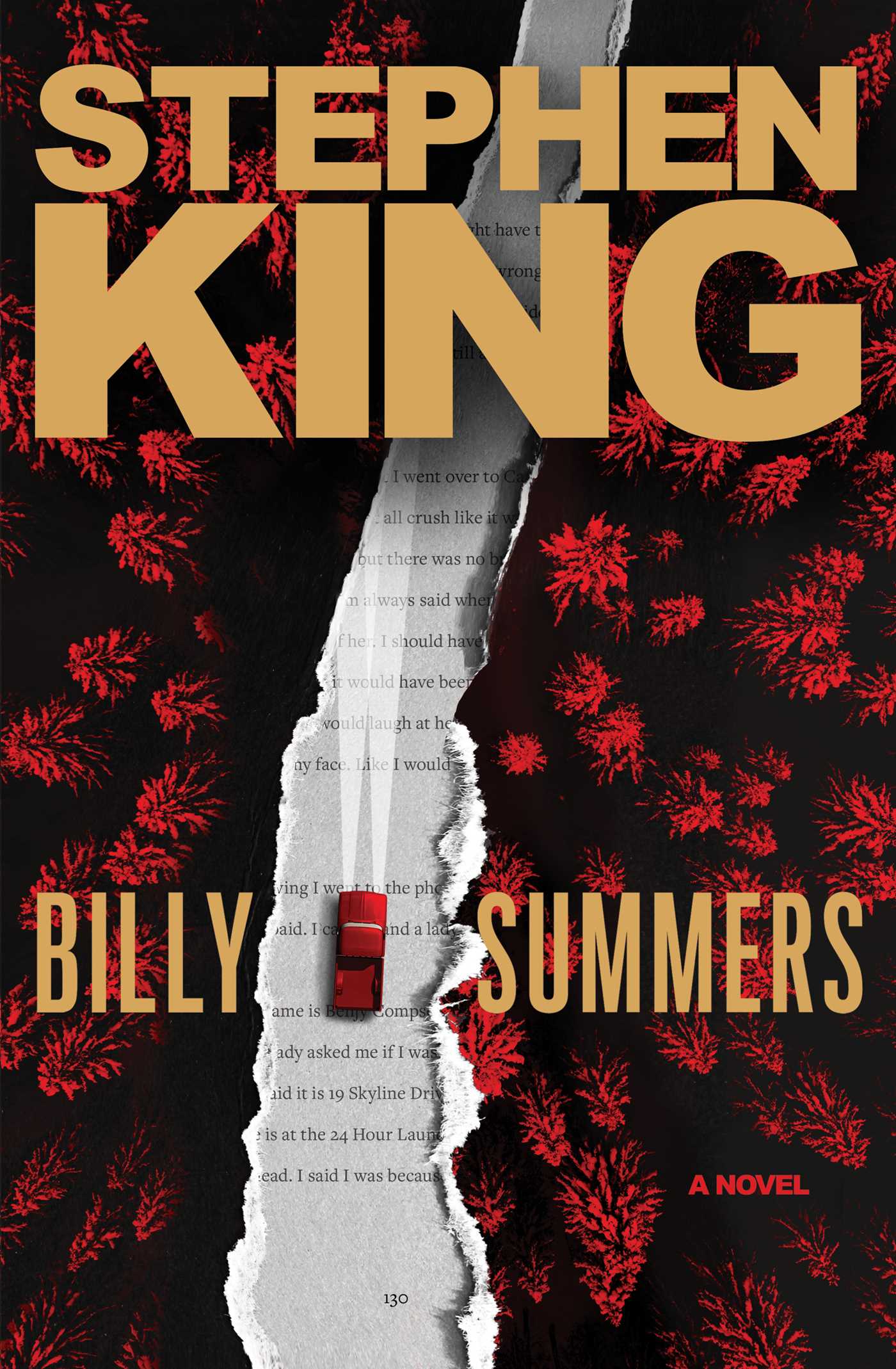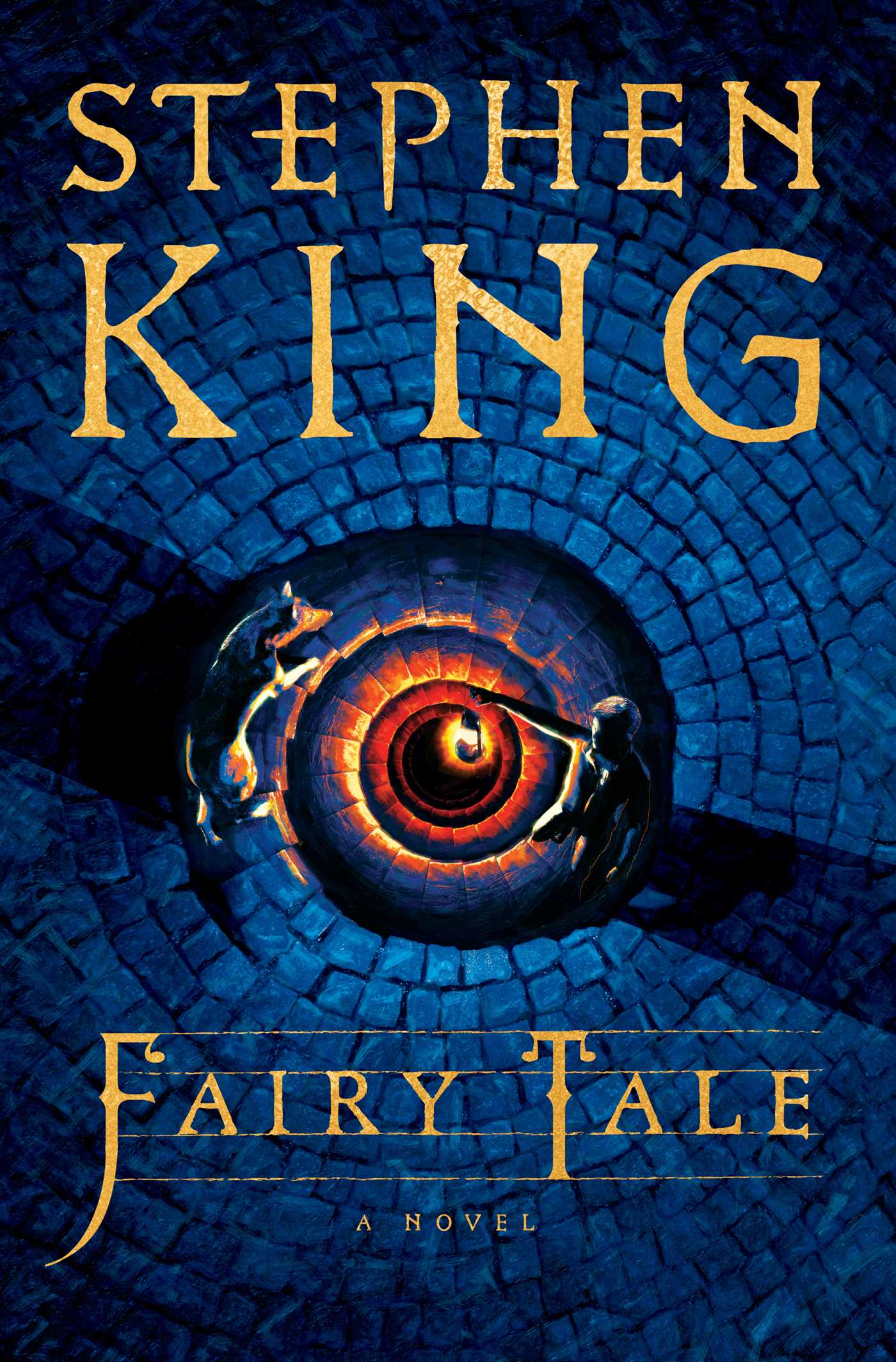
You Like It Darker
Book Description
Darkness seeps into the lives of a small town as unspeakable horrors unfold, unraveling relationships and blurring the lines between trust and betrayal. A haunting narrative threads through the lives of characters entangled in secrets, each grappling with their own shadowy pasts. Tension escalates as the sinister truth lurks just beyond the veil of their small-town façade, leaving them questioning not only their reality but also the very essence of fear itself. With every twist, the stakes rise, and as night falls, will they embrace the darkness or be consumed by it? What horrors lie beneath the surface, waiting to emerge?
Quick Book Summary
"You Like It Darker" is a chilling collection of short stories by Stephen King that delves into the terrifying shadows lurking beneath the surface of a small town. As the tightly-knit community confronts unspeakable horrors, relationships unravel and the line between good and evil blurs. King masterfully explores how darkness—both literal and metaphorical—seeps into everyday life, showering his characters with fear, suspicion, and guilt. Each story exposes characters’ deepest secrets and vulnerabilities, challenging them to face the monsters within themselves as much as those outside. With mounting tension and macabre twists, King forces his characters—and readers—to confront what darkness truly means, leaving a lingering question: can the light of human connection and resilience ever fully dispel the darkness, or are we destined to dwell within it?
Summary of Key Ideas
Table of Contents
The Allure and Consequences of Secrets
The collection opens with an exploration of the insidious nature of secrets. Each protagonist finds themselves haunted by something from their past, a hidden truth gradually unveiled through King’s signature tension-building narrative. In the quiet backdrop of a seemingly uneventful town, secrets fester, compelling both individuals and families to maintain strained facades. The weight of concealed horrors shapes relationships, as characters struggle to keep personal darkness from contaminating those they care about.
Blurring the Line Between Reality and Fear
Throughout the stories, King blurs the boundary between the supernatural and psychological terror. Characters grapple not only with the monstrous entities lurking in the shadows but also the terror born from their own minds. As reality fractures, fear becomes both a tangible threat and an internal adversary, leaving characters—and readers—uncertain where true horror lies. This ambiguity heightens the suspense and challenges perceptions of truth and sanity.
The Fragility of Trust in Tight-knit Communities
Trust, a cornerstone of small-town survival, comes under siege as suspicion blooms alongside the encroaching darkness. King illustrates how quickly unity can dissolve when fear is introduced, with friends and neighbors turning on each other in the face of inexplicable events. Betrayals and tests of loyalty run rampant, and the fragility of communal bonds becomes a source of both suspense and tragedy as the stories unfold.
Embracing Versus Resisting Darkness
The characters must choose whether to embrace or resist the darkness threatening to consume them. Some seek to find light, relying on courage or the hope of redemption, while others succumb to despair and terror. King presents darkness not merely as an external force, but as something alluring and seductive—a test of personal resilience and moral fortitude. This struggle, central to each story, shapes the protagonists’ fates in deeply chilling ways.
Confronting Internal and External Monsters
In confronting the monsters—real and imagined—King’s characters are ultimately forced to reckon with their own internal demons. Horror becomes an instrument for self-discovery, as the protagonists’ journeys reveal the inescapable nature of fear and the complexities of human psychology. These tales linger long after reading, raising uncomfortable questions about the monsters people might harbor beneath the surface and what it truly means to like it darker.
Download This Summary
Get a free PDF of this summary instantly — no email required.





